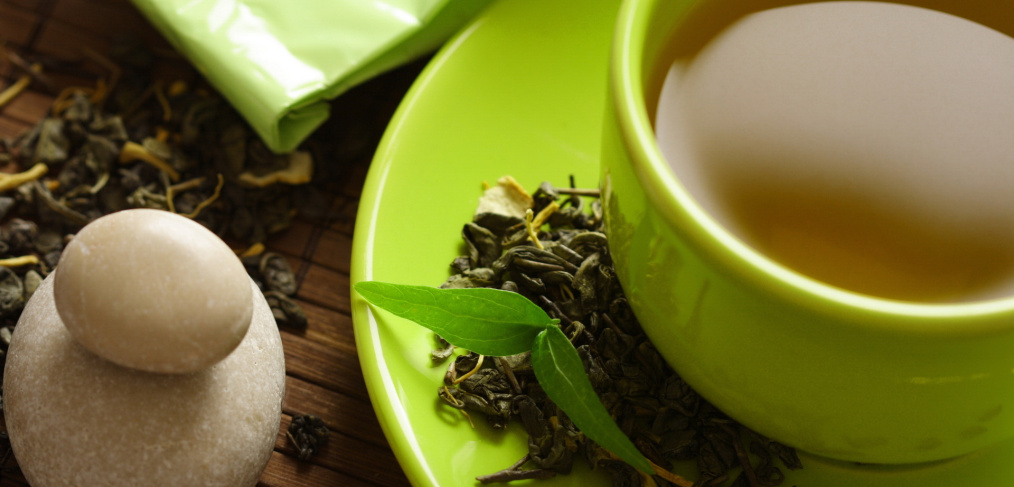These meridians are like channels which send energy to different organs in order to promote health and vitality.
When there is a blockage in these channels however, energy cannot pass through causing stagnation or a build up of energy. This can then disturb your sleep and wake you up.
In Traditional Chinese Medicine if you wake up consistently at the same time, it could indicate a sign of weakness in the corresponding meridian or organ.
Here is a list of the organs associated with different times:
This is the time when most of us try to fall asleep. If you have a hard time sleeping between this time it could be that your body is too stressed and is subconsciously in fight or flight mode
This is the time of day when energy is also sent to replenish your immune system, so if you are feeling ill you may experience stronger symptoms at this time.
If you find yourself having trouble sleeping at this time, try reciting positive mantras that make you feel safe and protected.
You may also benefit from meditating or adopting a night time ritual to help calm your mind.
The meridian that services your gall bladder is activated during these hours.
Blocked energy in this meridian could indicate that you are being too judgmental with yourself or with others.
On a physical level, the gall bladder helps the break down of fats so it could also be that you need to adjust your fat intake or eat healthier oils.
In order to relax yourself at this time, try practicing acceptance and forgiveness and being less judgemental towards your self and others.
This is one of the more common times to be woken up as this is when the meridian servicing the liver is strongest.
The liver is responsible for so many bodily functions including hormonal balance, digestion and the clearance of toxins and stress. So waking during this time could indicate that one of these areas is stressed or weak.
Blockages in the liver meridian can also indicate anger, anxiety, guilt and rage. In fact, feelings of unresolved anger and resentment could manifest at this time.
If you find this to be true, try to take ownership of the situation and reflect on the truth of how you really feel. It may also help to practice self-loving affirmations and positive self-talk.
Waking up during this time may also indicate that your body has too much yang energy, so try balancing it with more yin energy by eating cooling foods and connecting with your emotions.
This is when the meridian that services the lungs is strongest. Of course, we are always breathing but during these hours the lungs are given a boost of energy and are replenished for the day ahead.
In order to breathe the body has to be relaxed, so waking up during this time could indicate a blockage or inability to go with the flow and relax into the direction that life is taking you.
The lungs also symbolise where we process grief and sadness, so if you have been feeling emotional you may also wake around this time.
In order to ease any emotional feelings at this time, try to release control over events and have more faith and trust in the flow of the Universe. You may also benefit from taking deep, conscious breaths.
Between 5 AM – 7 AM
This is when the meridian that flows into the large intestine is activated and symbolises a need to let go and release control.
The large intestine is responsible for clearing the body of toxic waste from our digestive system, so waking up during this time could indicate a weakness in this area.
You may also wake at this time if you are feeling emotionally blocked or restricted in your life in some way. It may also be a sign that you need to release and let go of guilt or burdening emotions.
If you find yourself waking during this time, you may benefit from practicing mantras that promote letting go, relaxing and trusting in divine timing. You may also benefit from stretching or cleansing your body.
The Chinese Medicine Body Clock offers a great insight into the messages of your body however, also use your intuition to determine if there may be another message that is trying to be delivered to you.






